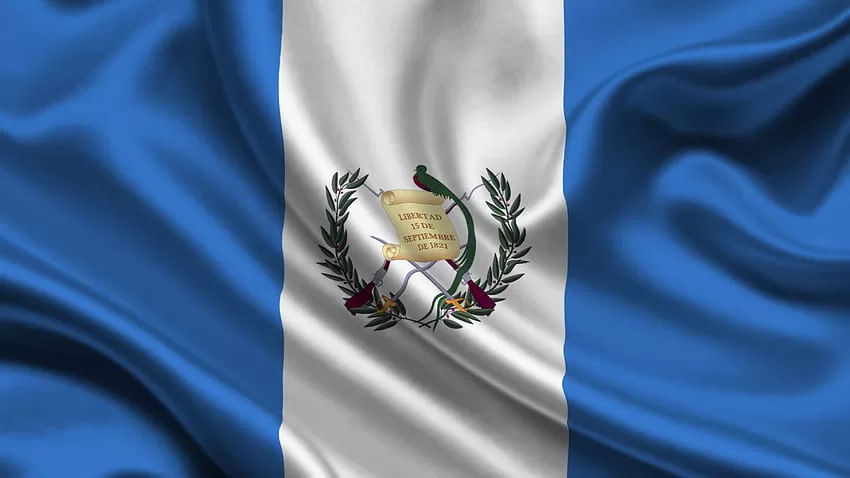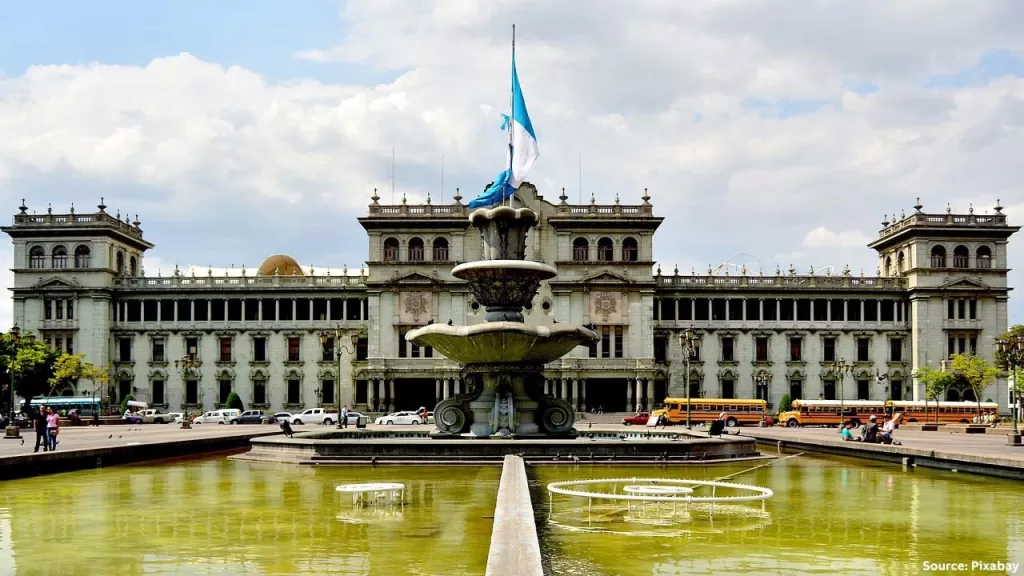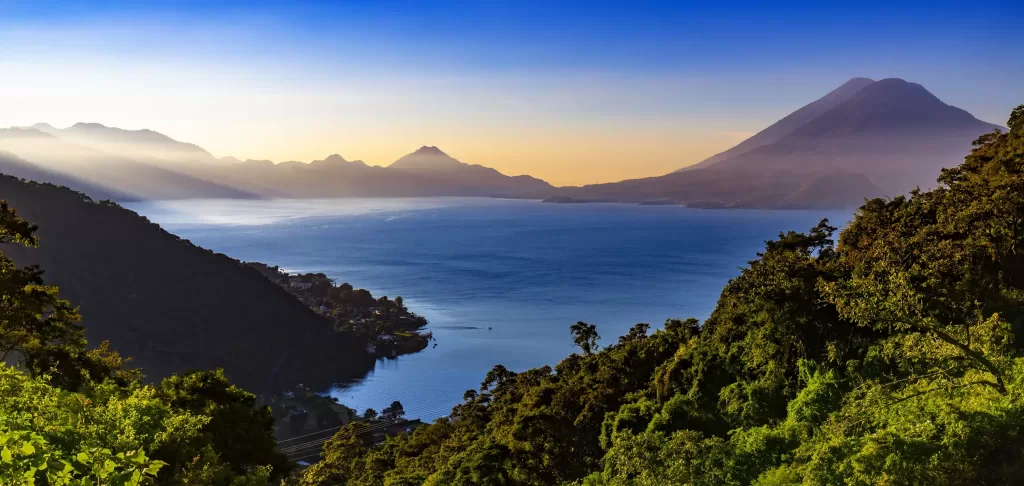Guatemala Country Report

Guatemala, a country in Central America, is renowned for its rich indigenous culture, stunning natural landscapes, and ancient Mayan ruins. The capital city, Guatemala City, serves as the political, economic, and cultural hub of the country. Guatemala’s diverse geography includes volcanic mountains, lush rainforests, and picturesque lakes, attracting tourists from around the world. The economy is primarily based on agriculture, with coffee, bananas, and sugar being major exports. However, Guatemala faces challenges such as poverty, inequality, and political instability. The country has a history of civil unrest and internal conflict, although efforts towards peace and reconciliation have been made in recent years. Guatemala’s political system is a presidential republic, with a President serving as the head of state and government. Despite its challenges, Guatemala’s vibrant culture, natural beauty, and historical significance continue to captivate visitors and residents alike.
Last updated: April 8, 2022
Security
Guatemala faces various security challenges, including high levels of violent crime, gang activity, and drug trafficking. Homicide rates in the country are among the highest in the region, with organized crime groups often involved in extortion, kidnapping, and other criminal activities. Additionally, Guatemala has a history of political violence and social unrest, although efforts to address these issues have been made in recent years. The government has implemented security measures such as increased police presence and military patrols to combat crime and maintain order. However, corruption and weak law enforcement institutions remain significant obstacles to improving security conditions. Travelers to Guatemala are advised to exercise caution, particularly in urban areas, and to stay informed about local developments.
Last updated: April 25, 2022
Infrastructure

Guatemala’s infrastructure is characterized by both strengths and challenges. The country has a network of roads connecting major cities and towns, although road quality varies, especially in rural areas. Additionally, Guatemala has modern airports and seaports, facilitating transportation and trade. However, access to basic infrastructure such as electricity, water, and sanitation remains limited, particularly in rural and indigenous communities.
The country also faces challenges in healthcare and education infrastructure, with disparities in access and quality across different regions. Efforts to improve infrastructure, particularly in rural areas, are ongoing but hindered by factors such as limited government resources and social inequality. Overall, while Guatemala has made progress in infrastructure development, there is still a need for further investment and improvement to meet the needs of its population.
Last updated: April 25, 2022
Environment

Guatemala’s environment is diverse and ecologically significant, featuring tropical rainforests, highland cloud forests, volcanic landscapes, and abundant biodiversity. However, environmental challenges such as deforestation, soil erosion, water pollution, and habitat destruction threaten the country’s natural resources and ecosystems. Agriculture, logging, and mining activities contribute to deforestation and environmental degradation, while inadequate waste management and industrial pollution affect water quality. Guatemala is also vulnerable to natural disasters such as hurricanes, earthquakes, and volcanic eruptions, which can have devastating effects on communities and the environment. Efforts to address these environmental issues include conservation initiatives, reforestation programs, sustainable land use practices, and disaster preparedness measures. International cooperation and partnerships are essential in addressing Guatemala’s environmental challenges and promoting conservation and sustainable development.
Last updated: March 14, 2022
Health and Medical
Guatemala’s healthcare system faces challenges such as limited access, insufficient resources, and disparities in quality, particularly in rural areas. The country struggles with high rates of infectious diseases, maternal and child health issues, and inadequate healthcare infrastructure. Efforts to improve healthcare delivery and access are ongoing but hindered by factors such as poverty, lack of funding, and geographical barriers. Despite these challenges, Guatemala’s healthcare professionals work diligently to provide essential medical services to the population, often with support from international aid organizations and NGOs.
Last updated: March 30, 2022
Political
Politically, Guatemala operates as a presidential representative democratic republic, with a President serving as both the head of state and government. The country has a multi-party system, with elections held every four years to elect the President and members of the unicameral Congress of the Republic. Guatemala’s political landscape is marked by challenges such as corruption, political instability, and social unrest. The government has faced criticism for its handling of issues such as human rights abuses, indigenous rights, and organized crime. Efforts to strengthen democratic institutions, combat corruption, and promote social justice are ongoing but face significant obstacles. International observers and organizations play a role in monitoring Guatemala’s political processes and supporting initiatives for reform and accountability.
Last updated: March 25, 2022















